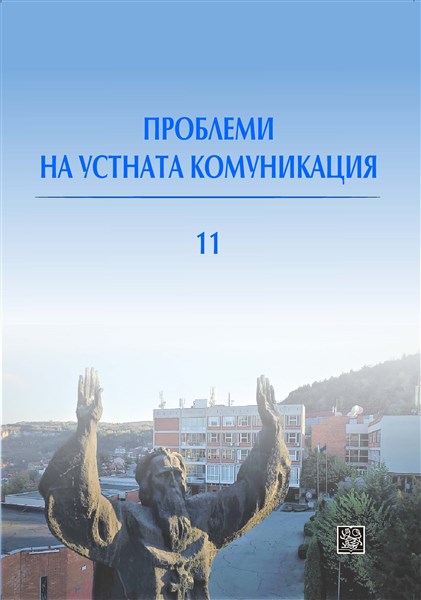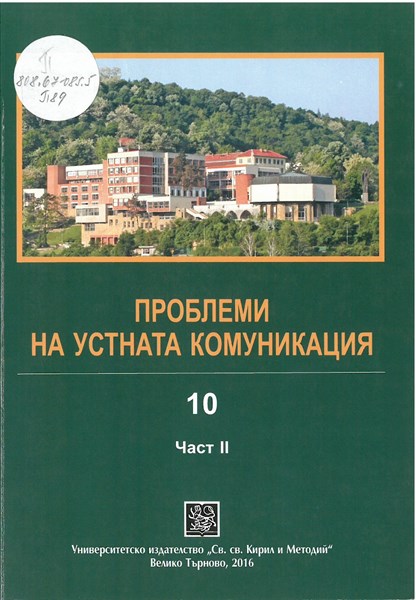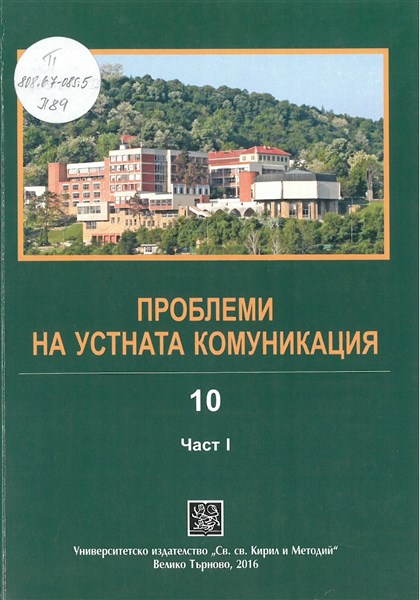
Зависимости между нагласите към речевата вариантност и материален статус на респондентите
The paper presents results of a study which explores the connections between two variables: the attitudes towards twelve nonstandard oral variables and the ‘median net-adjusted disposable income per household member’. A positive correlation has been found in 29 out of 36 analyses. In all these 29 cases, attitudes for correctness and non-euphonic together with local markedness values are increasing starting from the group of median income below poverty threshold, passing through the group located between poverty threshold and middle class lower limit, and reaching up to the middleclass group. The studied high class has either 17 cases of the most negative attitudes or 8 cases in which its values equal the middleclass ones or presents 11 cases of negative attitudes percentage below the middle-class level. These inferences evidence that, unlike Western sociolinguistic studies outcomes, high-class in Bulgaria does not seem to be necessarily an arbiter of societal attitudes nor it is a model of greatest intolerance towards non-standard language forms.
More...

